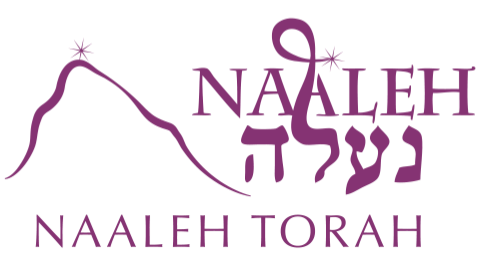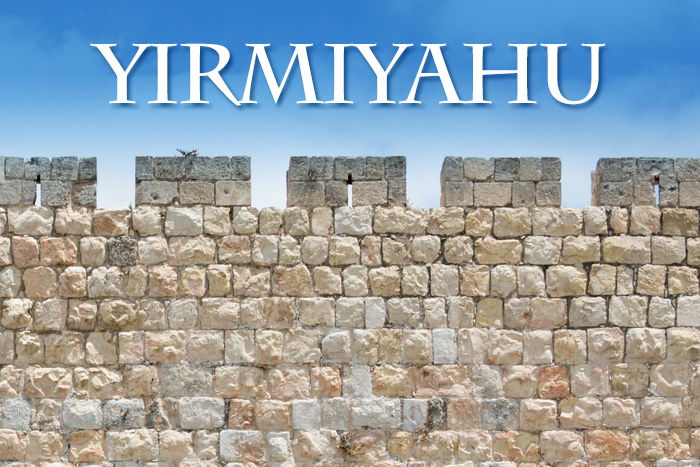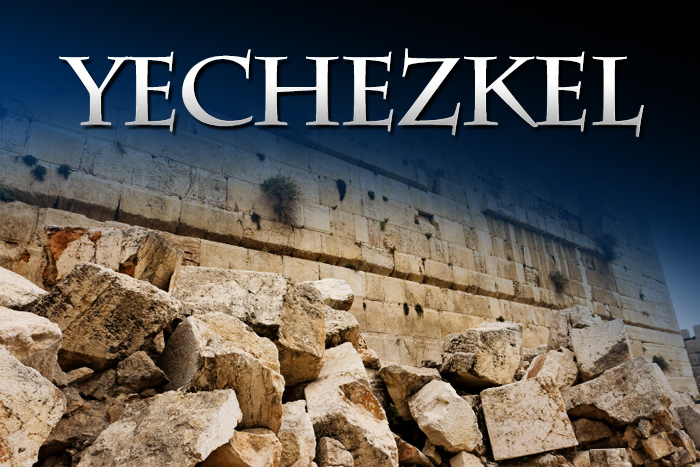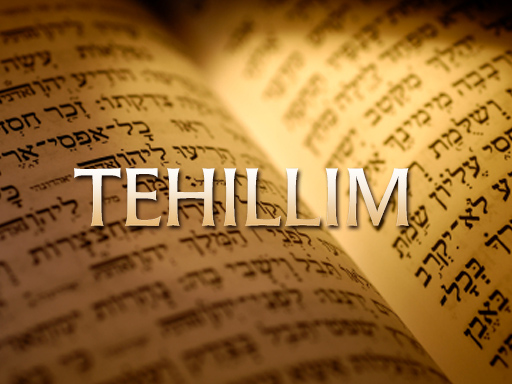Perek 39: The Destruction of Jerusalem
Posted onIn this Torah shiur (class) on Sefer Yirmiyahu, Rabbi Avishai David teaches perek 39, which describes the conquest of Jerusalem and the exile of Tzidkiyahu and the Jewish people. Ironically, Yirmiyahu is protected by Nevuchadnetzar, while those powerful Jews who thought they would persevere are exiled.





